Summaries of books about Biology:

The Blank Slate
The Modern Denial of Human Nature
Steven Pinker
The book challenges the notion that human beings are born as blank slates shaped solely by their environment, arguing instead that genetics and evolutionary psychology play a significant role in shaping human behavior and characteristics. It delves into the implications of acknowledging innate traits for understanding politics, violence, parenting, and the arts.
See full summary
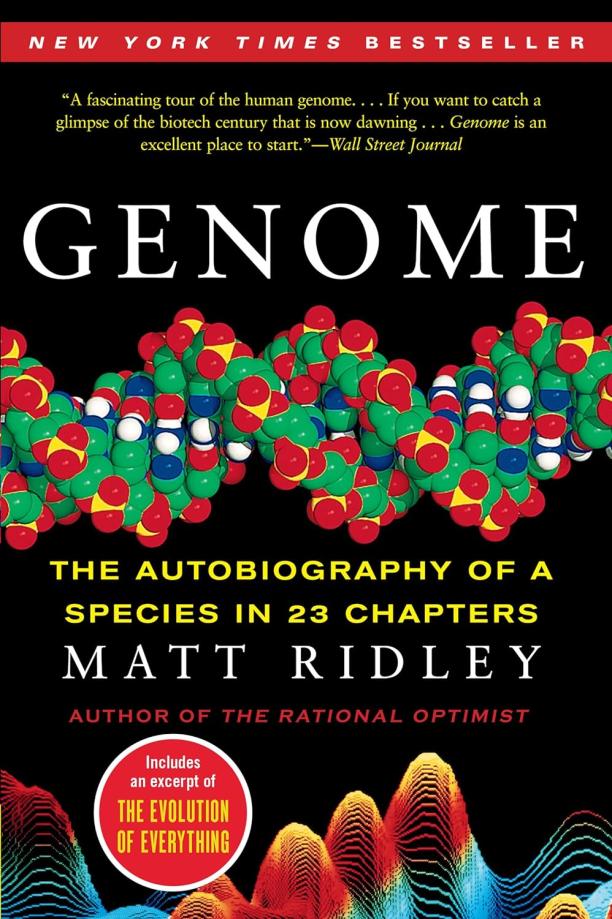
Genome
The Autobiography of a Species in 23 Chapters
Matt Ridley
The book explores the human genome through 23 chapters, each corresponding to one of the 23 pairs of human chromosomes, weaving together stories of genetic discovery and the implications for understanding our biology. It delves into the traits and diseases linked to each chromosome, discussing the complex interplay between genetics, environment, and the evolution of our species.
See full summary
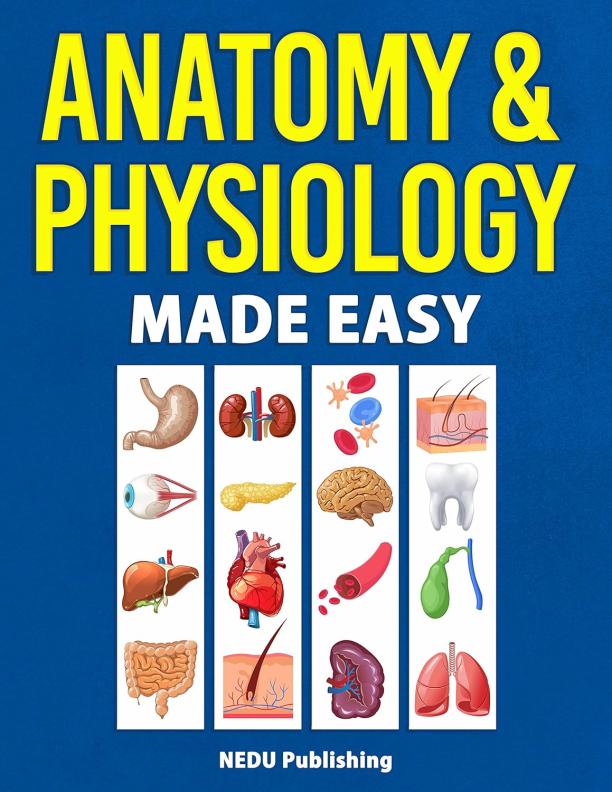
Anatomy & Physiology Made Easy
An Illustrated Study Guide for Students To Easily Learn Anatomy and Physiology
NEDU
The book presents a simplified overview of human anatomy and physiology, using illustrations and concise explanations to help students grasp complex concepts. It covers the fundamental structures and functions of the human body, organized by systems, to facilitate easy learning and retention for students.
See full summary
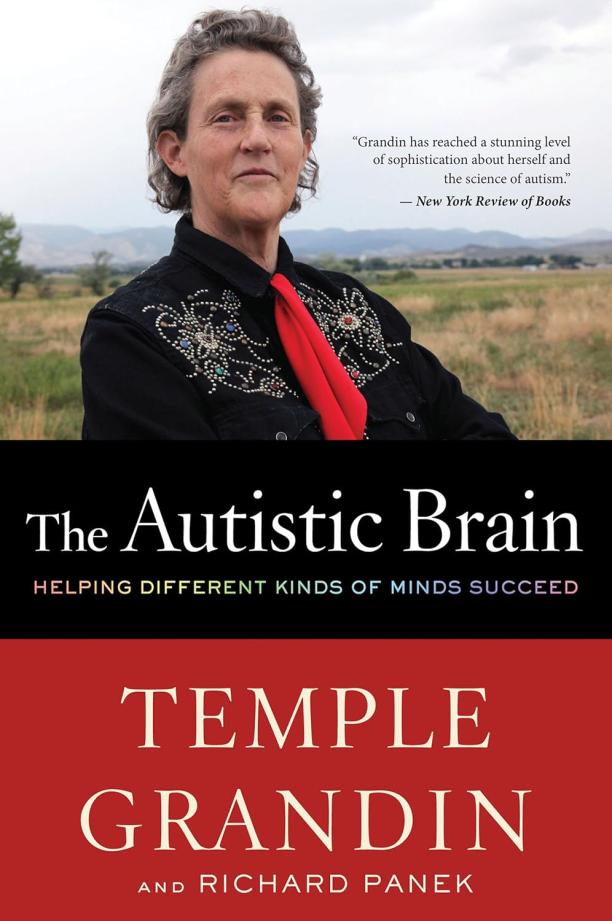
The Autistic Brain
Thinking Across the Spectrum
Temple Grandin|Richard Panek
The book explores the latest research and developments in the field of autism, offering insights into how the autistic brain perceives the world differently. It combines personal experiences with scientific studies to discuss how understanding the brain's functioning can lead to better educational approaches and interventions for individuals on the spectrum.
See full summary
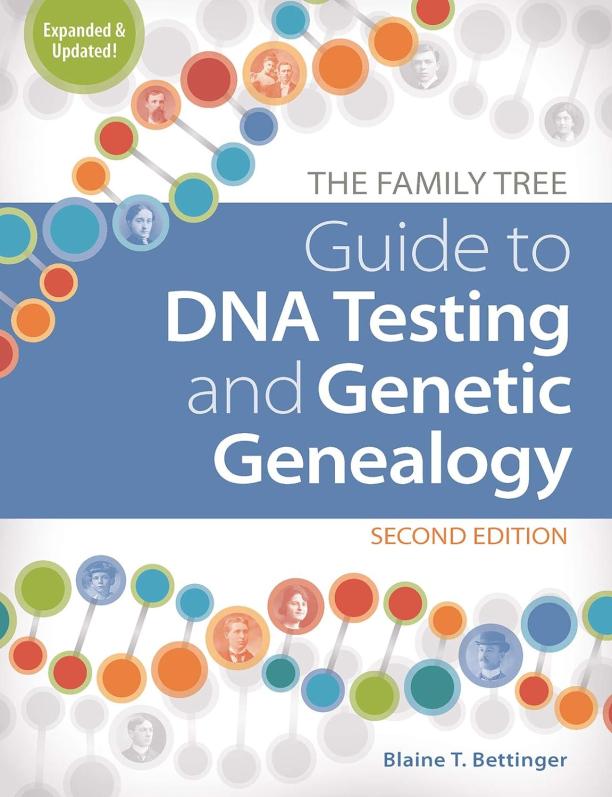
The Family Tree Guide to DNA Testing and Genetic Genealogy
Blaine T. Bettinger
The book provides an introduction to the use of DNA testing for genealogical research, explaining how different types of tests work, what they can tell you about your ancestry, and how to interpret the results. It also offers practical advice on choosing the right tests, understanding ethnic percentages, and using third-party tools to analyze your data.
See full summary
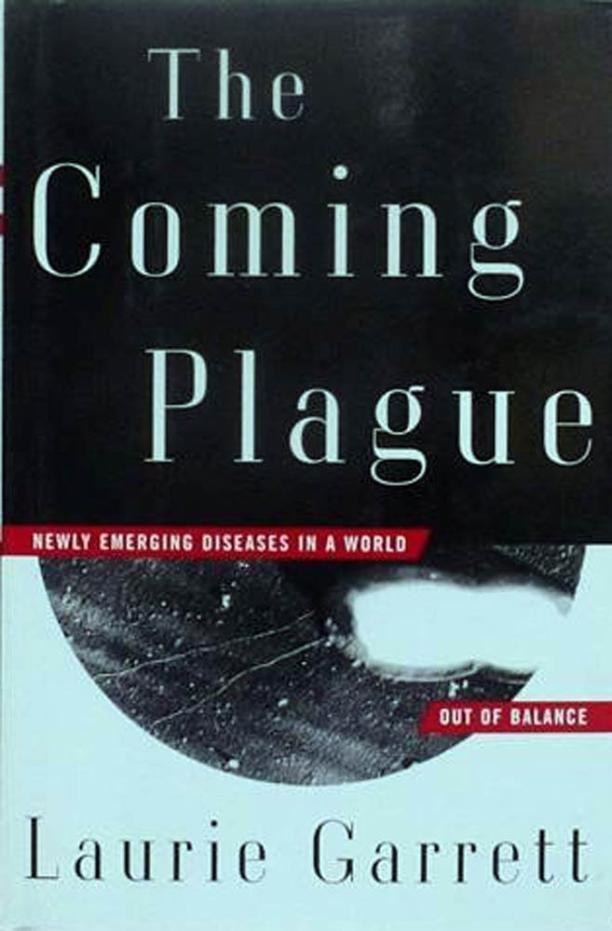
The Coming Plague
Newly Emerging Diseases in a World Out of Balance
Laurie Garrett
The book investigates the emergence and spread of new infectious diseases around the globe, examining factors such as ecological disruption, changing human behavior, and inadequate public health systems. It provides detailed accounts of various outbreaks and warns of the potential for future pandemics if preventative measures are not taken.
See full summary
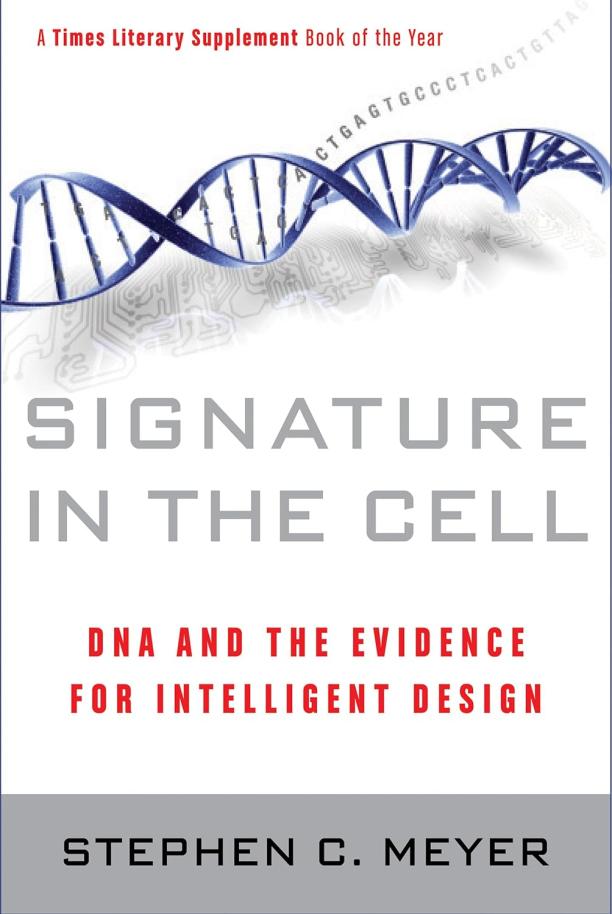
Signature in the Cell
DNA and the Evidence for Intelligent Design
Stephen C. Meyer
The book presents an argument for intelligent design based on the complexity of DNA and the information it encodes. It critiques evolutionary explanations for the origin of life and posits that an intelligent cause is the most plausible explanation for the presence of information-rich biological molecules.
See full summary
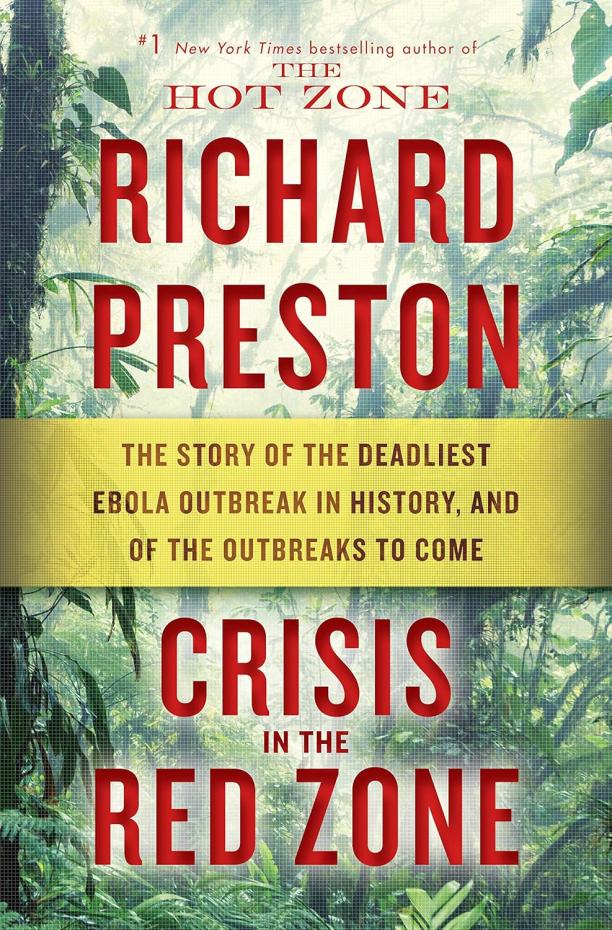
Crisis in the Red Zone
The Story of the Deadliest Ebola Outbreak in History, and of the Outbreaks to Come
Richard Preston
The book presents a detailed account of the 2014 Ebola outbreak in West Africa, focusing on the individuals on the front lines battling the virus. It also explores the origins and nature of Ebola, while warning about the potential for future deadly pandemics.
See full summary
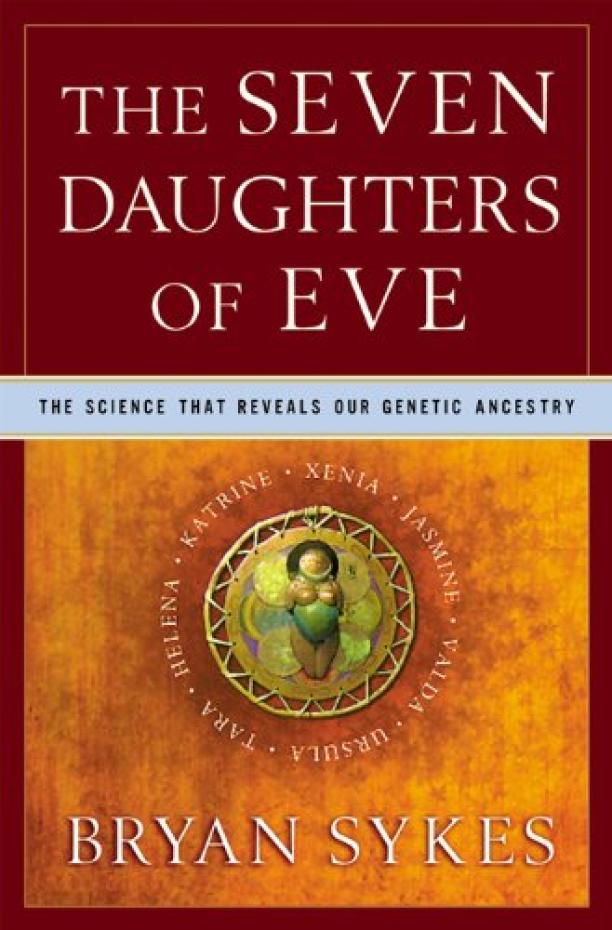
The Seven Daughters of Eve
The Science That Reveals Our Genetic Ancestry
Bryan Sykes
The book explores the use of mitochondrial DNA to trace maternal ancestry, revealing that nearly all Europeans can trace their lineage back to one of seven women, dubbed the "Seven Daughters of Eve." It combines genetic science with imaginative narratives to bring these prehistoric maternal ancestors and their migratory paths across Europe to life.
See full summary
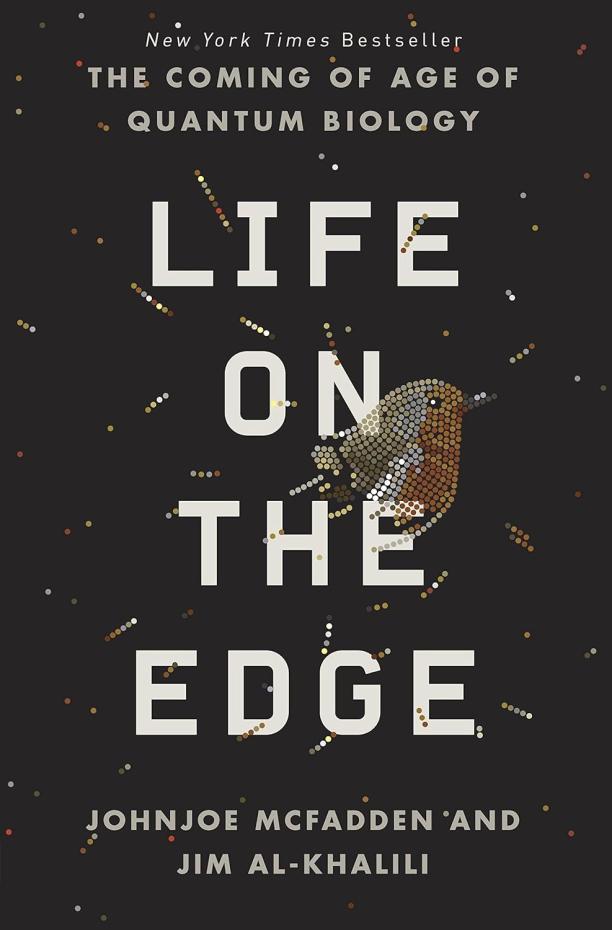
Life on the Edge
The Coming of Age of Quantum Biology
Johnjoe McFadden|Jim Al-Khalili
The book explores the intersection of quantum mechanics and biology, presenting the idea that quantum phenomena are integral to the processes of life, from photosynthesis to enzyme function. It delves into scientific research and theories that suggest quantum mechanics play a role in phenomena such as bird navigation, olfaction, and genetic mutation.
See full summary